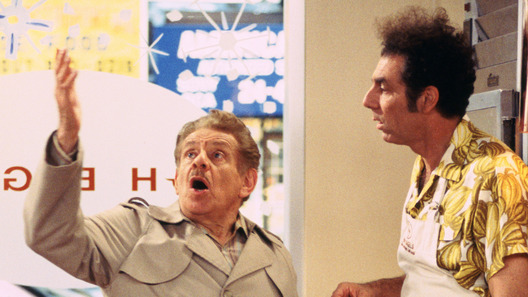Want to become a better storyteller? Start by becoming a better listener.
A few nights ago, I came across an article by Maria Popova over at Brain Pickings. I was half-asleep, but I started reading anyway. In the article, Maria recounts advice on how to become a better appreciator of music through active listening. I perked up a bit. According to experts, she says, active listening can help awaken the mind from its “tuned out” state. Just as I read this, light bulbs started going off: the same rules apply to storytelling! I raced over to my desk and started writing.
To help you hone your story listening skills, here are 7 tips to becoming a better appreciator of stories. Have a read then go tune in to stories.
- Be aware of the stories around you. Turn on the radio, pick up a newspaper, or even listen in on a conversation on the subway. Practice recalling stories you’ve heard throughout the week, either to friends or to yourself.
- Pay attention to pacing. When listening to a story, take note of the presenter’s pacing. Start to become aware when a story slows down and speeds up, and what happens to your attention as a result. Be mindful of how the narrator is shaping your expectations through pacing.
- Look for patterns. There are archetypal stories (i.e. rags to riches, voyage and return, rebirth) that we hear again and again throughout the day. As a listener, pay close attention to the types of stories you see and hear each day.
- Develop a vocabulary for stories. Character, setting, problem, stakes, crisis, consequences. The list goes on. Practice breaking down stories into their component parts. If you can do this, you’re halfway to becoming a great storyteller.
- Use your whole body. Engage your body and your mind simultaneously. Pay attention on all elements of a storyteller’s presentation, from the speaker’s words to his/her body language, vocal and tonal shifts. Words are often the tip of the iceberg; you may miss the real story if you’re not listening with your whole body.
- Be objective. As you listen to a story, distinguish between what happens in the story (the events) and everything else (judgements, feelings and interpretations). Make sure to clear your listening so you don’t bring your own preconceptions, stereotypes and judgements to bear on another person’s story.
- Engage with personal experiences and beliefs. This may sound like a contradiction to #6, but hear me out. Humans connect to good stories because they resonate with us on a personal level. It’s important to be open about how the story moves you based on your past experiences. Just make sure to avoid projecting your experiences onto someone else’s story.
